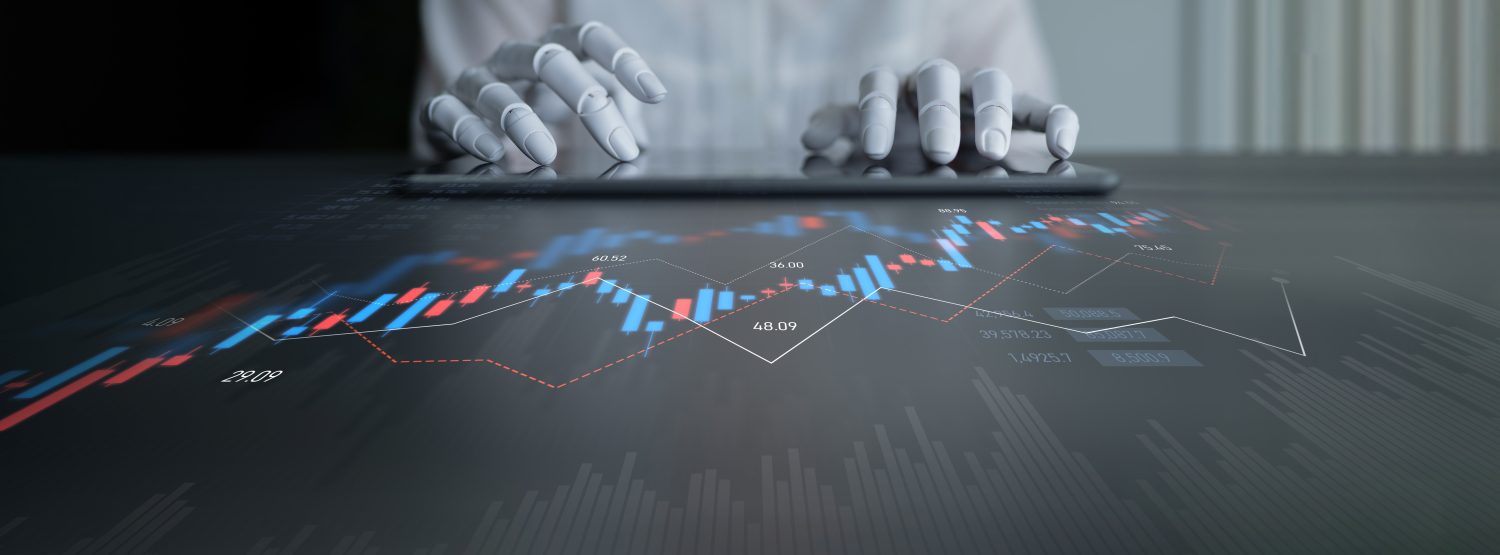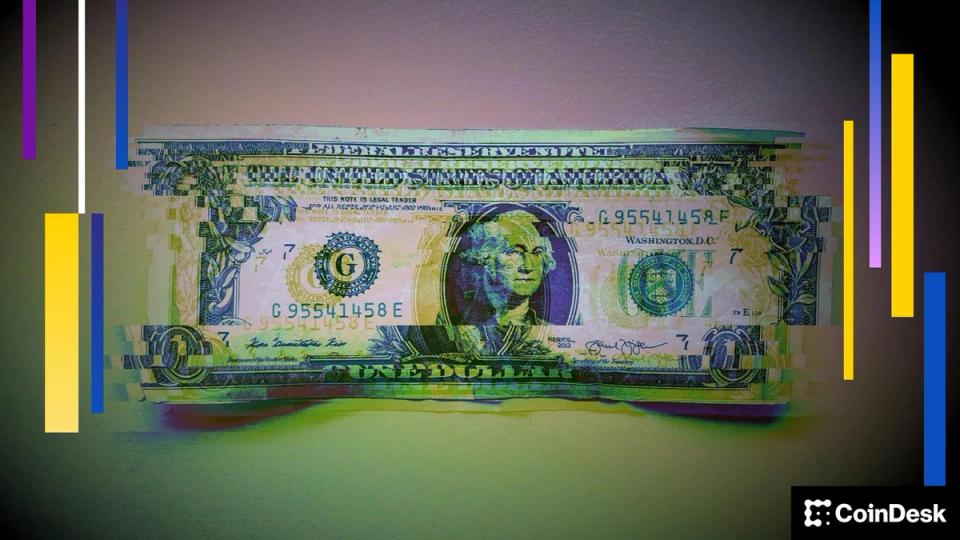The Economic Conversation We Need
It’s time to discuss women’s economics with a fresh perspective. By centering voices often sidelined in traditional economic discussions, the Women Unscrewing Screwnomics initiative aims to highlight practical changes and advocate for an economy that values life over profit.
Minting Money and Bitcoin's Role
A recent New York Times article highlighted how Wall Street is minting easy money through risky loans. This raises a critical question: Why is Bitcoin, a cryptocurrency minted privately, being considered for U.S. reserves? Unlike government-backed dollars, Bitcoin's creation is unregulated and its volatility is reminiscent of historical asset bubbles, such as the tulip mania of the 17th century.
The Dangers of Private Equity
Private equity has often been criticized for its damaging effects on the economy, often referred to as pirate equity. These firms, unregulated and focused on high returns, have been known to strip assets and load businesses with debt, impacting essential services.
The Rise of Private Credit
The emergence of private credit is the latest development in this unregulated financial landscape, echoing the risky behaviors of the 2007-2008 financial crisis. With banks under strict regulations, private entities are stepping in to make loans without the same level of oversight.
Historical Context of Debt Dollars
The Federal Reserve Act of 1913 privatized the U.S. currency system, allowing private banks to mint currency through loans. This reliance on debt has led to a concentration of wealth among the richest individuals, such as Elon Musk, who benefits from the system without directly contributing to economic growth.
Women Organizing for Change
Women are increasingly taking the initiative to educate themselves about money and its implications. Organizations like the Women’s International League for Peace & Freedom are working to demystify the complexities of modern finance and advocate for a more equitable economic system.
A Call for Awareness
As we move into 2025, understanding the implications of our currency and the historical context of debt dollars is crucial. The future of our economy may depend on women recognizing and challenging these financial secrets that shape our lives.






Comments
Join Our Community
Sign up to share your thoughts, engage with others, and become part of our growing community.
No comments yet
Be the first to share your thoughts and start the conversation!